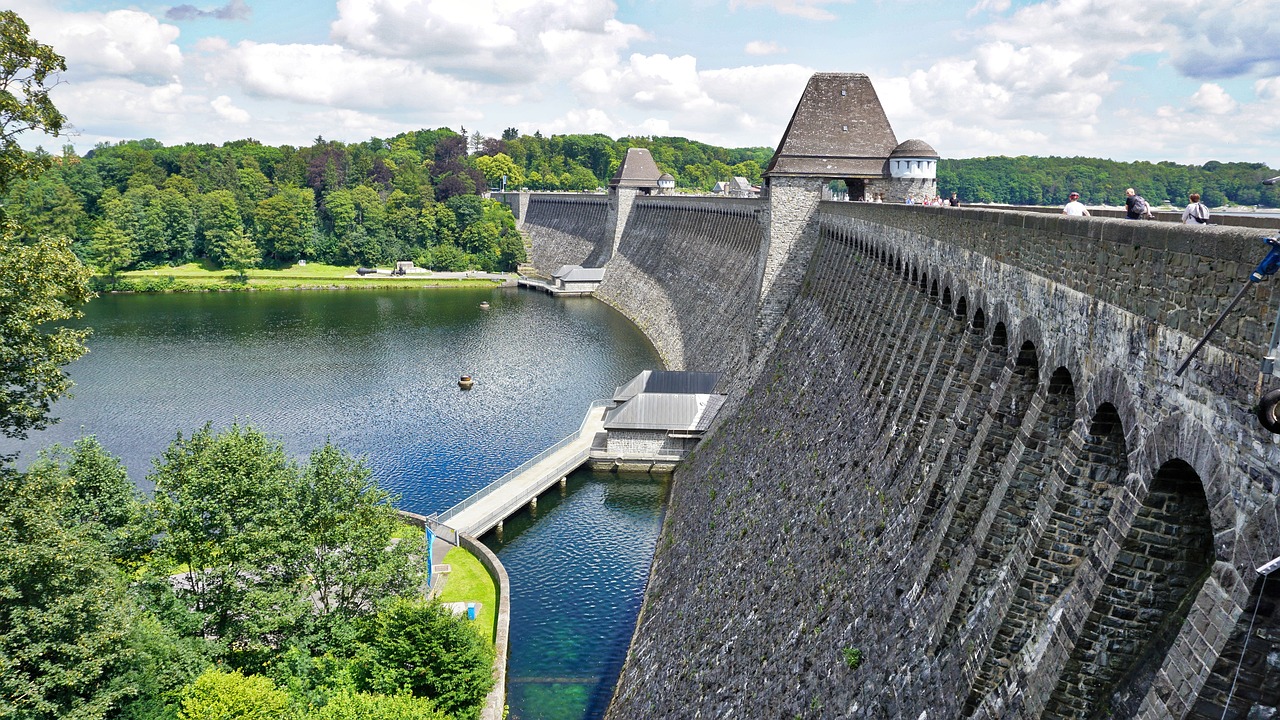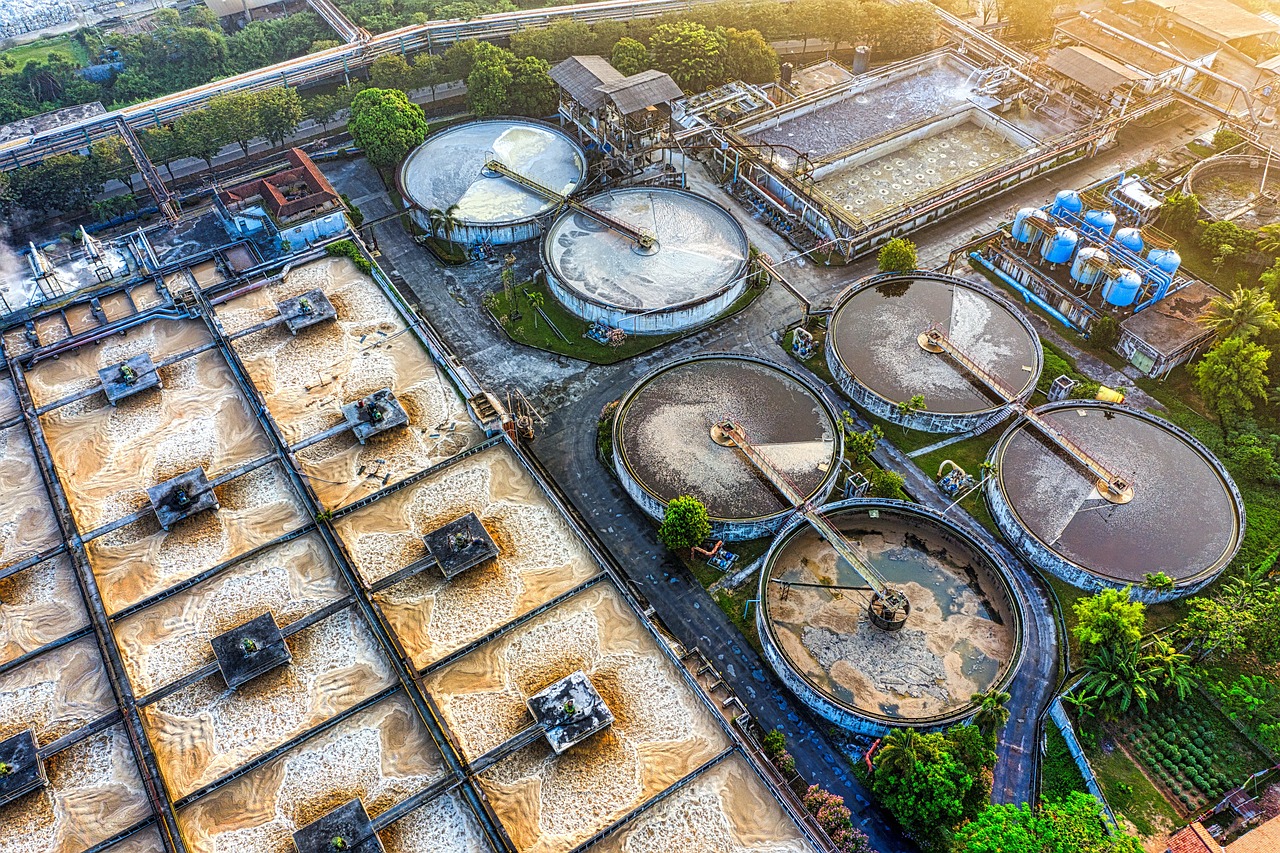Environmental technologies represent a key area of research focused on environmental protection and sustainable development. Our research focuses primarily on three key pillars: drinking water treatment, wastewater treatment and waste management. The aim is to develop and optimize technological solutions that ensure the safe and effective removal of harmful substances from the aquatic environment, minimize the negative impacts of human activity and support the circular economy. The research is based on a combination of advanced physicochemical, biological and membrane processes, which are further developed with regard to their practical use, operational efficiency and environmental benefits.
Drinking water treatment
-
Optimization of drinking water treatment technologies (coagulation/flocculation, adsorption on activated carbon, membrane technologies, oxidation processes); identification of natural and anthropogenic organic substances in water; removal of micropollutants (pesticides, pharmaceuticals, personal care products, perfluorinated substances, etc.).
-
Study of the composition, structure and properties of natural organic substances; description of the interactions of substances produced by algae and cyanobacteria (AOM, Algal organic matter) with coagulants; competition with anthropogenic pollutants; influence of oxidation processes on the removal of AOM in water treatment.
- Team:
Waste and wastewater management
-
Generation and possibilities of subsequent waste processing with special attention to some selected waste groups such as biodegradable waste; vermicomposting; bioremediation of waste; environmental microbiology.
-
Wastewater management; biotechnological and natural wastewater treatment systems; rainwater management; sewage sludge management; wastewater treatment technologies.
- Team:























